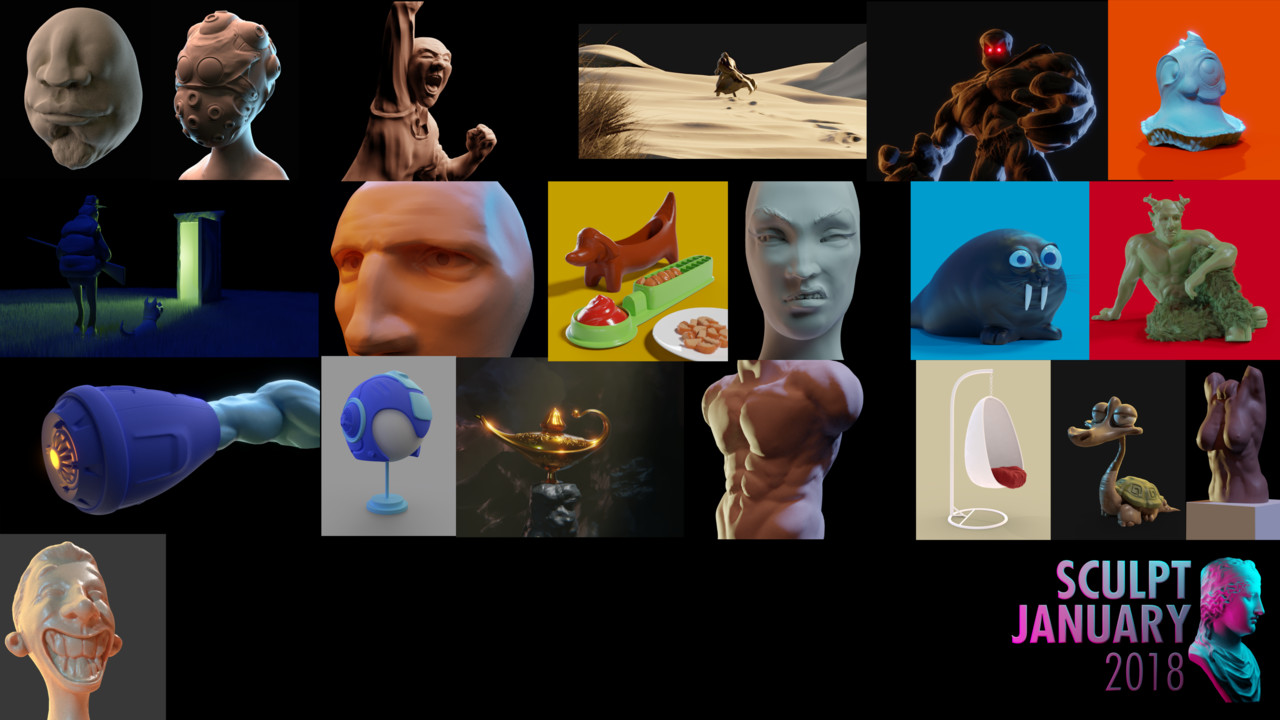3d Studio Max Particle Flow (PFLOW) workflows to instance objects on a surface and drive the density of those objects can be incredibly slow for me. It always happens when i realize that ‘vanilla’ PFlow requires a “speed by surface” and a “lock / bond” two built-in operators that have always been inexplicably slow in my setups. (Full disclosure---this could all be my fault!)
At any rate, in the past I’ve abandoned using normal PFlow and just done matrix transformations and other trigonometric functions, in order to get instanced objects / particles to stick to an emitter object’s surface and align to its normals. I've seen other packages achieve this with seemingly simple steps.
Imagine my surprise when I checked out this tutorial:
Well, I suppose I knew about hair and fur in Max, but I don't think I ever thought about using outside the box in it, like Blender or Maya--where I am constantly reminded that I've just been doing it wrong, haha. I had a few questions to explore in hair and fur:
- —Can you instance custom geometry and drive the density of where that geometry is placed?
- Can you change how much of the grass is visible in viewport vs render?
- Can you override material?
- Will it react to forces?
- Is it reasonably responsive?
- Can you cache the data for even faster fidelity?
Unbelievably the answer is yes to each one! `\_(o.0)_/`
Basically follow the tutorial above and replace the object with a custom object here:
Tools Screen Grab
That’s literally it. The variety can come from within the hair and fur itself, also covered in tute.
How about Density maps? Here:
Density Maps Settings
Just drop your map in the blank box to the right of the Density Spinner.
Viewport visibility? Here:
Viewport Visibility
Caching? Here:
Caching Settings
The above image is clipped in the screen grab, but its under the 'dynamics' tab. Also, for something wild check on that live and see the grass react in realtime 0.0. To use the “precomputed” for advanced or heavy sims, that’s where the “stat” files work. Then you set start and end and click ‘run.’
Another case of me just approaching a problem with a jackhammer, when I needed a hammer.
